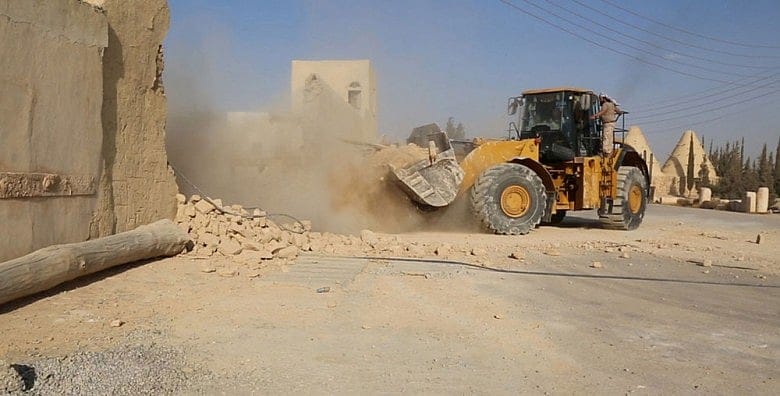ISIS systematically destroying heritage sites

Written by Karin Laub and Albert Aji
DAMASCUS, Syria (AP) — Islamic State extremists in Syria and Iraq are engaged in the "most brutal, systematic" destruction of ancient sites since World War II, the head of the U.N. cultural agency said Friday — a stark warning that came hours after militants demolished a monastery with ancient foundations in central Syria.

